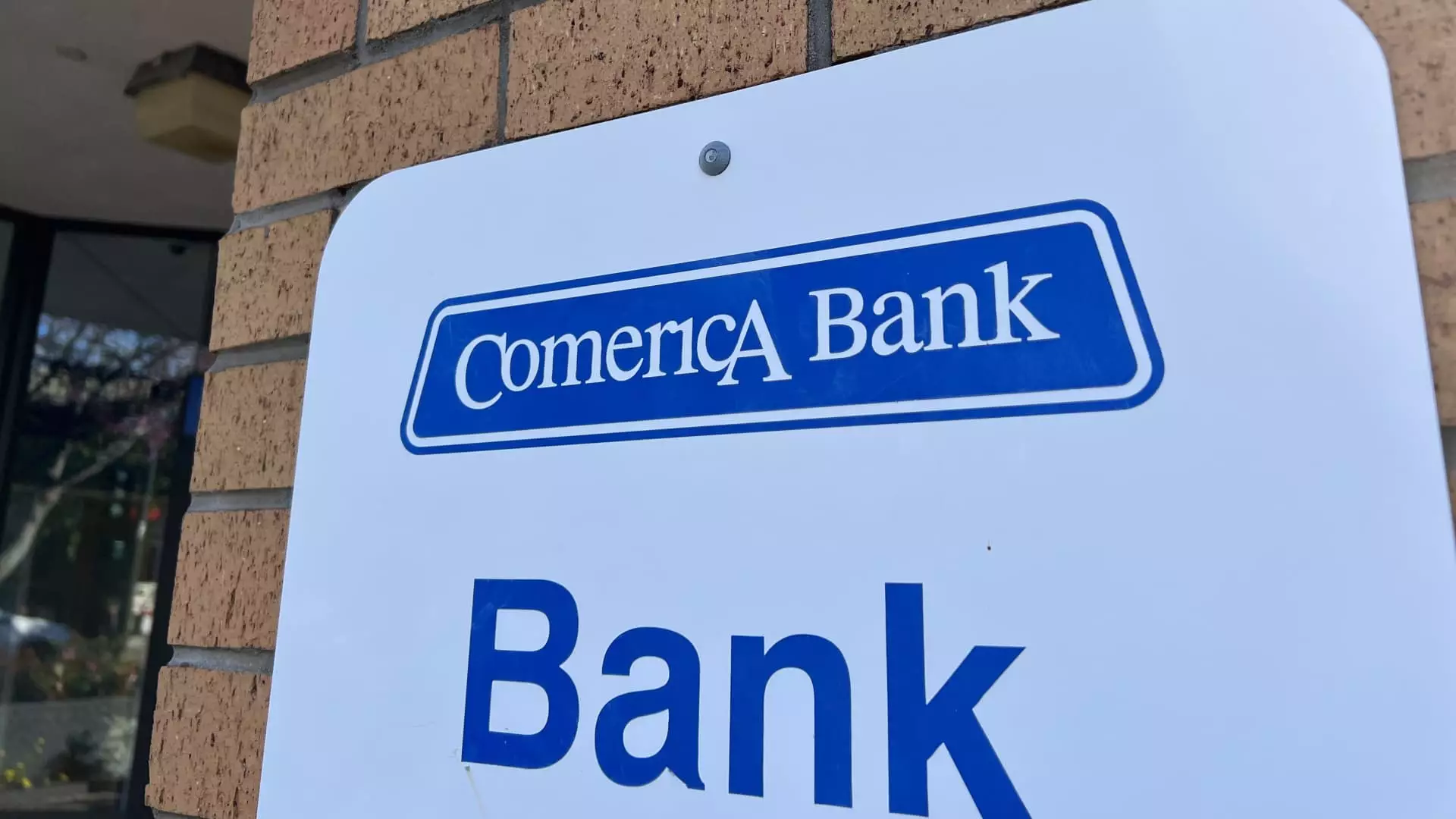The recent complaint filed by the Consumer Financial Protection Bureau (CFPB) against Comerica Bank has sparked significant conversation about accountability in banking, especially regarding federal benefits programs. The accusations, which include improper handling of customer service calls, unauthorized ATM fees, and mismanagement of fraud complaints, raise critical questions about Comerica’s integrity as a financial institution responsible for distributing essential resources to some of America’s most vulnerable populations.
At the heart of the issue lies the Direct Express prepaid debit card program, a lifeline for millions receiving federal benefits such as Social Security. This program is particularly vital for individuals with disabilities and the elderly, many of whom rely solely on these funds for their daily needs. Comerica Bank’s alleged negligence in managing this program reflects not just a failure in operational oversight but also a profound disregard for the well-being of its clients. The claims that the bank “intentionally terminated” over 24 million customer service calls are particularly alarming, suggesting an alarming prioritization of profit over people.
Moreover, the complaint details how Comerica reportedly charged unwarranted ATM fees to over one million customers, representing a troubling trend where financial institutions may exploit service fees at the expense of those who can least afford it. The repercussions of these allegations go far beyond monetary losses; they erode trust in the financial system that is meant to protect and support society’s most needy.
In response to the CFPB’s allegations, Comerica Bank has mounted a defense claiming that it has performed its duties in accordance with federal regulations and under the oversight of the Department of the Treasury. By asserting that the CFPB has overlooked crucial context in its investigation, Comerica presents itself as a compliant actor in a complex financial landscape. However, this defense raises its own questions about the accountability measures in place when public contracts are awarded to private banks.
Louis Mora, a spokesperson for Comerica, insists that the bank has cooperated fully with the CFPB’s inquiries, arguing that the oversight provided by the federal government legitimizes its operations. While this defense may resonate with some, it ultimately sidesteps the core issue: the experiences of the cardholders who have suffered due to the alleged service lapses.
Historical Context of CFPB Actions
The CFPB has a history of cracking down on bank malfeasance, highlighting a commitment to protect consumers from unscrupulous practices. For instance, in 2022, Bank of America faced severe penalties for mishandling unemployment benefits, echoing the current situation with Comerica. These precedents indicate a robust framework designed to hold financial institutions accountable for their obligations towards their customers, especially those reliant on federal support systems.
The situation involving Comerica Bank serves as a reminder of the delicate relationship between financial institutions and the beneficiaries of vital social programs. Whether through improved oversight or more rigorous enforcement of consumer protection laws, it is imperative that mechanisms are established to ensure that vulnerable populations receive the support they need without exploitation or hindrance. As the CFPB moves forward with its investigation and as Comerica prepares its defense, the outcome will not only affect the bank but will set an important precedent for financial accountability in the future.

